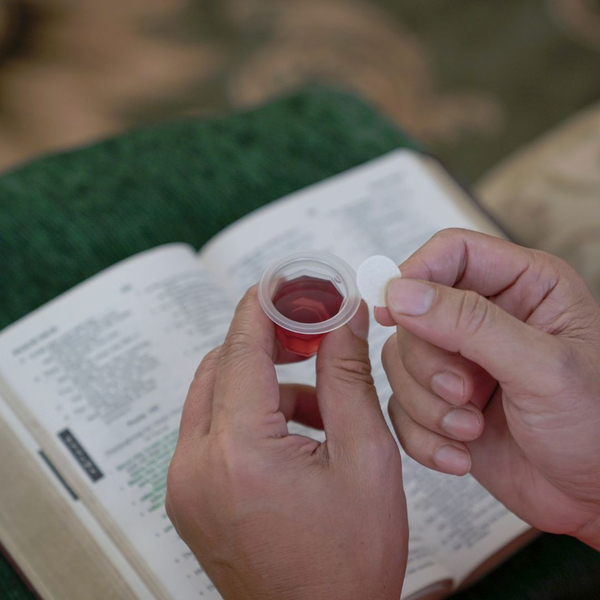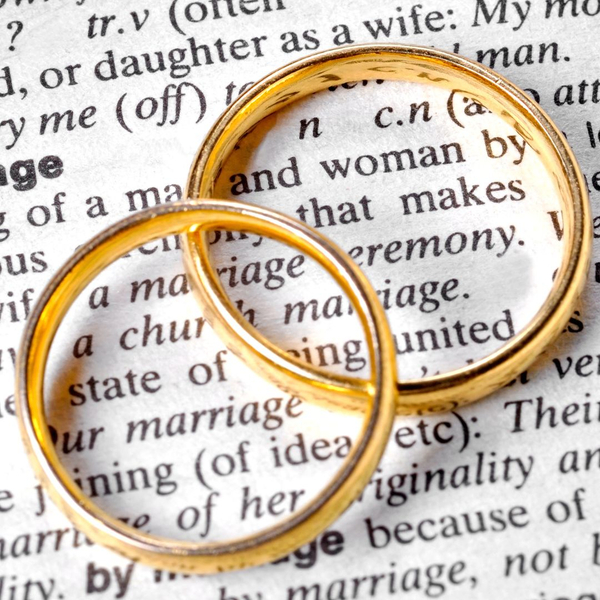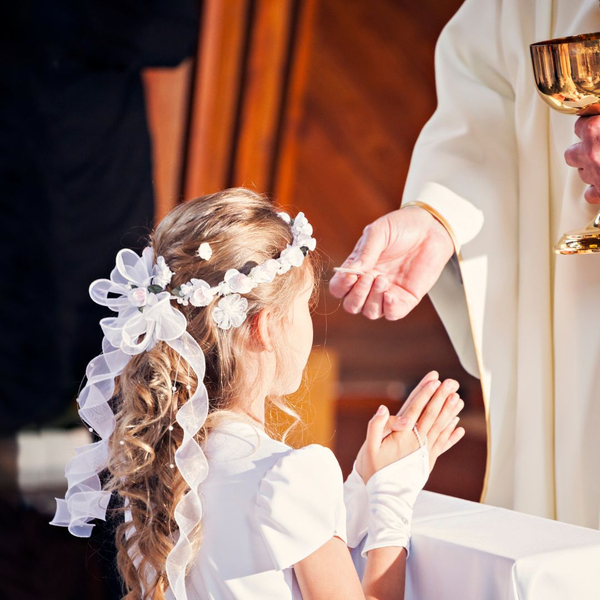Does Being Divorced Affect My Ability To Receive Holy Communion?
Divorce is undoubtedly a sensitive and multifaceted issue, one that often raises questions about an individual's eligibility to receive Holy Communion within the Catholic Church. Given the complexity of this matter, it's not uncommon for misconceptions to circulate, leading to confusion and uncertainty among divorced individuals. In this insightful and comprehensive blog post prepared by the dedicated team at Catholic Annulment - Another Chance, our primary objective is to offer clarity. We seek to address the frequently encountered concerns and, more importantly, illuminate the Church's teachings concerning Holy Communion and divorce.

Understanding Holy Communion
Before delving into the topic, it is essential to grasp the significance of Holy Communion. In Christian theology, Holy Communion, also known as the Eucharist or Lord's Supper, is considered a sacred act of partaking in bread and wine (or, in some traditions, grape juice), symbolizing the body and blood of Christ. It is viewed as a means of experiencing spiritual nourishment, forgiveness, and unity with God and fellow believers.

Catholic Teaching on Marriage and Divorce
To understand the Church's stance on divorce and Communion, we must first recognize its teachings on marriage. According to Catholic doctrine, marriage is a sacred covenant intended to be a lifelong commitment. Once validly entered into, this marital bond is considered indissoluble.
Divorce: In the eyes of the Catholic Church, divorce, in and of itself, does not dissolve the marriage bond. It is crucial to distinguish between civil divorce, which is a legal process to end a marriage, and the Church's view of the marriage sacrament. A civil divorce may change a couple's legal status, but the Church still recognizes them as married.
Annulment: In cases where a marriage is believed to be invalid from the beginning, the Church allows for annulments. An annulment declares that a marriage was never sacramentally valid due to factors like lack of consent, impotence, or other impediments. If an annulment is granted, it means the Church considers the marriage null and void, as if it never existed.

Eligibility for Receiving Holy Communion
Being divorced, in and of itself, does not automatically prevent someone from receiving Holy Communion. The Church welcomes all individuals to participate in the sacraments, including those who have experienced divorce. However, a divorced Catholic who has entered into a new civil marriage without obtaining an annulment would be considered to be living in a state of adultery, which is incompatible with receiving Holy Communion.

Seeking Guidance From a Priest
If you are divorced and unsure of your eligibility to receive Holy Communion, it is vital to seek guidance from a trusted priest. They can provide spiritual support, answer your questions, and help you discern your individual situation in light of Church teachings. The priest can help determine if your previous marriage may be eligible for an annulment, which would allow you to receive Holy Communion.

Pursuing an Annulment
An annulment is a declaration by the Church that a valid sacramental marriage never existed due to certain factors present at the time of the wedding. If you are divorced and wish to explore the possibility of an annulment, engaging an experienced canon lawyer or an annulment advocate can provide invaluable assistance. They can guide you through the process, gathering evidence and presenting your case to the appropriate ecclesiastical tribunal.

The Role of Mercy and Compassion
Pope Francis has repeatedly emphasized the importance of mercy and compassion in the Church's approach to divorced individuals. He has encouraged priests and pastoral workers to reach out to divorced Catholics with open arms, understanding, and a willingness to accompany them on their spiritual journey.
This emphasis on mercy and compassion is a reminder that the Church is not here to judge but to heal and reconcile. While the Church's teachings on the indissolubility of sacramental marriages remain unchanged, there is a recognition that people may find themselves in challenging situations, and their paths to healing and reconciliation may differ.
While divorce can impact one's sacramental marriage, it does not automatically exclude an individual from receiving Holy Communion. The Church welcomes divorced individuals and encourages them to seek spiritual guidance from a priest. By exploring the possibility of an annulment, individuals may find a path toward receiving Holy Communion.
If you’re interested in getting an annulment, Catholic Annulment - Another Chance can help. Our experienced team and annulment attorneys can assist you with the annulment process. We are here to support you on your journey of healing and spiritual growth. Contact us today to learn more about how we can assist you in obtaining an annulment and finding the path to receiving Holy Communion with a renewed sense of faith and purpose.
